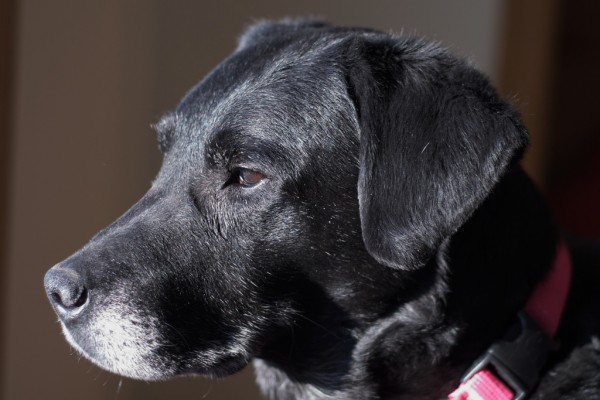By Dane Lorica, | January 15, 2017

Scientists found a possible reason why large breed dogs have shorter lifespan than their small counterparts. (Pete Markham / CC BY-SA 2.0)
Scientists have explained why large dogs have a shorter lifespan than their smaller counterparts. Unlike large mammals such as whales and elephants which live longer than rodents, large dogs are believed to die younger because of free radicals.
The study pointed out that the culprit behind the shorter lifespan of large dogs is the presence of harmful free radicals that are abundant in puppies. During the animal's growth, cells undergo a process to convert food into energy which also results in the generation of free radicals. The more energy the body requires and produces, the more amount of damaging oxygen it creates.
Like Us on Facebook
This type of oxygen damages the cell membrane and later on may lead to diseases such as cancer. Some scientists argue that free radicals in the body also triggers aging.
Undergraduate researchers from the Colgate University, Josh Winward and Alex Ionescu, studied the presence of free radicals in dogs and how they influence the animal's duration their lifespan. They collected ear clips, tails, and dewclaws of dead puppies and ear clips of dead senior dogs. A total of 80 samples from both large and small breeds were analyzed during the study.
Winward and Ionescu isolated cells from the samples and cultured them for a week in a laboratory under the supervision of animal physiologist Ana Jimenez. The students found out that there was an equal amount of energy and free radicals produced in the bodies of both small and large breed dogs. Further, there was an almost equal amount of antioxidants in the bodies of adult small and large dogs, but large breed puppies were found to have an excessive amount of free radicals in their bodies.
Some of the possible reasons for the excessive free radicals circulating in the bodies of large breed puppies are their faster metabolism and growth and a higher requirement for energy compared to their smaller counterparts.
The students said that cell damage even at an early stage can have lasting consequences. However, there are antioxidants in the body and over the counter than can help in the neutralization of free radicals. These can be given at a young age to avoid the future adverse effects of damage-inducing oxygen in the body.
The findings reported during the annual meeting of the Society for Integrative and Comparative Biology are only preliminary as there are other possible reasons why large dogs have shorter lifespan.
-
Use of Coronavirus Pandemic Drones Raises Privacy Concerns: Drones Spread Fear, Local Officials Say

-
Coronavirus Hampers The Delivery Of Lockheed Martin F-35 Stealth Fighters For 2020

-
Instagram Speeds Up Plans to Add Account Memorialization Feature Due to COVID-19 Deaths

-
NASA: Perseverance Plans to Bring 'Mars Rock' to Earth in 2031

-
600 Dead And 3,000 In The Hospital as Iranians Believed Drinking High-Concentrations of Alcohol Can Cure The Coronavirus

-
600 Dead And 3,000 In The Hospital as Iranians Believed Drinking High-Concentrations of Alcohol Can Cure The Coronavirus

-
COVID-19: Doctors, Nurses Use Virtual Reality to Learn New Skills in Treating Coronavirus Patients







